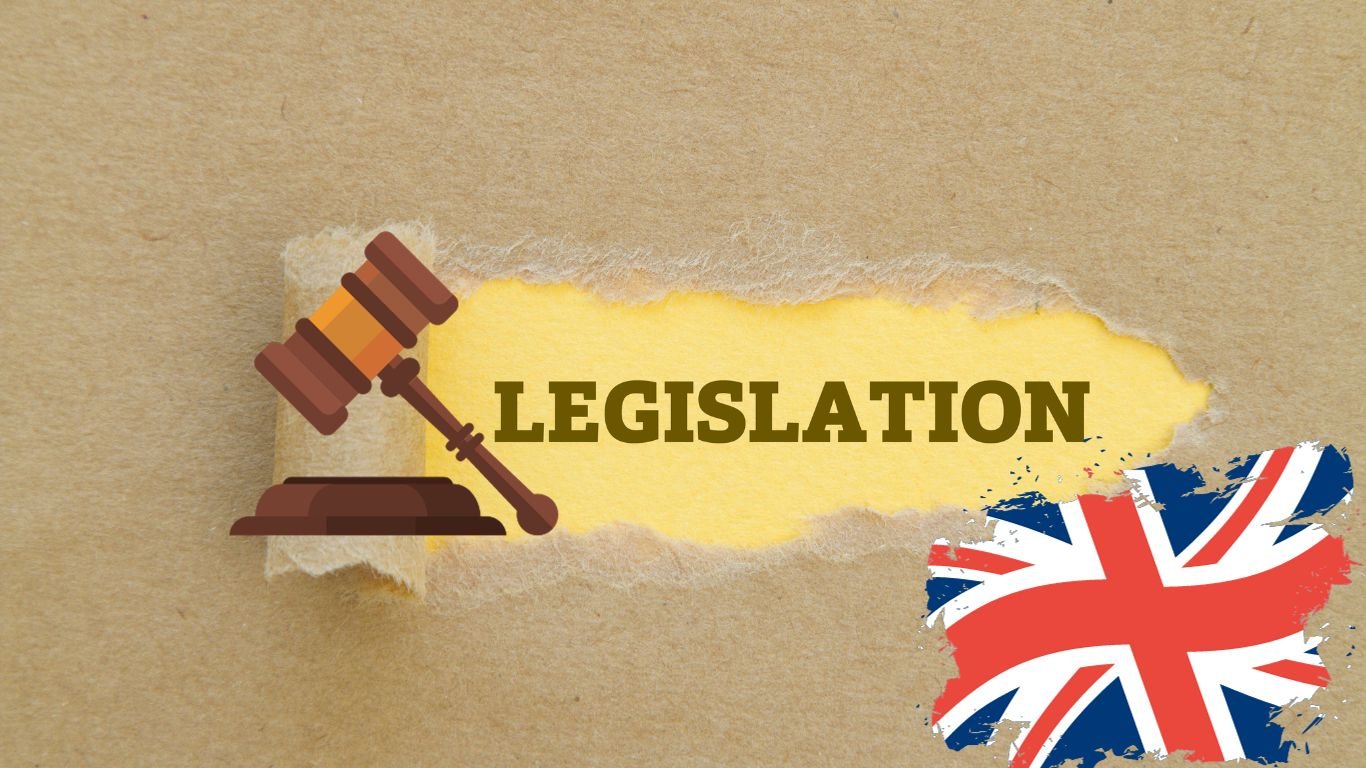Top 10 Tips for First-Time Homebuyers: A Real Estate Guide

Purchasing your first home marks a significant milestone in your life journey. It’s a thrilling yet complex process that requires careful planning and consideration. As a first-time homebuyer, stepping into the real estate market can feel overwhelming.
However, armed with the right knowledge and guidance, you can navigate this exciting venture with confidence. This guide aims to provide essential tips for first-time homebuyers to make informed decisions and find their dream home.
Tips for First-Time Homebuyers
Importance of Planning and Preparation
Before diving into the home-buying process, it’s crucial to assess your financial readiness. Take a close look at your current financial situation, including your savings, income stability, and existing debts. Understanding your financial standing will help you determine how much you can afford to spend on a home.
Additionally, it’s essential to identify your needs and wants in a property. Consider factors such as location, size, amenities, and future resale value. Creating a clear list of priorities will guide your search and ensure you find a home that meets your requirements.
Researching the Housing Market
Researching the housing market is a fundamental step for first-time homebuyers. Start by exploring different neighborhoods and communities that interest you. Consider factors such as proximity to schools, workplaces, amenities, and safety.
Take the time to visit potential areas and get a feel for the neighborhood vibe. Additionally, familiarize yourself with the types of properties available, such as single-family homes, condos, or townhouses. Understanding market trends and property options will empower you to make informed decisions during your home search.
Understanding Mortgage Options
For most first-time homebuyers, securing a mortgage is necessary to finance their purchase. It’s essential to understand the various mortgage options available and choose one that aligns with your financial goals and circumstances. Two primary types of mortgages are fixed-rate and adjustable-rate mortgages.
With a fixed-rate mortgage, your interest rate remains the same throughout the loan term, providing stability and predictability. On the other hand, an adjustable-rate mortgage offers a lower initial interest rate but can fluctuate over time, potentially affecting your monthly payments. Consult with a mortgage advisor to explore your options and determine the best fit for your needs.
Budgeting for Additional Costs
Beyond the purchase price of the home, first-time buyers must budget for additional costs associated with homeownership. These expenses, often overlooked by novice buyers, can significantly impact your overall budget.
Closing costs, which typically range from 2% to 5% of the purchase price, include fees for loan origination, title insurance, and attorney services. Additionally, budget for expenses related to home inspections, appraisal fees, and property taxes. By accounting for these costs upfront, you can avoid financial surprises and ensure a smoother home-buying process.
Working with Real Estate Agents
Navigating the real estate market can be complex, especially for first-time buyers. Working with a knowledgeable and experienced real estate agent can streamline the process and provide invaluable guidance along the way.
When selecting an agent, look for someone who specializes in working with first-time buyers and understands your specific needs and preferences.
A skilled agent will help you navigate the market, locate suitable properties, and negotiate the best possible deal. They’ll also provide expert advice and support throughout the entire homebuying journey, from initial consultation to closing.
Related: Top 10 Real Estate Agents In Digital Age in 2024
Making an Offer and Closing the Deal
Once you’ve found the perfect home, it’s time to make an offer. Your real estate agent will assist you in crafting a competitive offer that reflects the current market conditions and the seller’s motivations. Be prepared to negotiate with the seller, especially in a competitive market where multiple offers are common.
Your agent will advocate on your behalf and help you navigate the negotiation process to secure the best possible terms. Once your offer is accepted, focus on completing the necessary paperwork and meeting any contingencies outlined in the purchase agreement.
The closing process involves finalizing the transaction and transferring ownership of the property. Your agent and lender will guide you through this process, ensuring a smooth and successful closing.
Home Inspection and Appraisal
Before finalizing the purchase, it’s essential to conduct a thorough home inspection and appraisal. A home inspection helps identify any potential issues or defects with the property, giving you peace of mind and an opportunity to negotiate repairs or adjustments with the seller.
Additionally, the lender will require an appraisal to assess the property’s value accurately. Be prepared to address any discrepancies between the appraised value and the agreed-upon purchase price.
Your real estate agent and home inspector will assist you in navigating these steps and ensuring that the property meets your expectations.
Securing Home Insurance
Home insurance is a critical aspect of homeownership that provides essential protection for your investment. Research different insurance providers and policies to find coverage that meets your needs and budget.
Consider factors such as the home’s location, age, construction materials, and security features when selecting a policy. Your lender will require proof of insurance before finalizing the loan, so it’s essential to secure coverage early in the process.
Home insurance provides coverage for various risks, including property damage, liability claims, and theft. By investing in comprehensive coverage, you can safeguard your home and belongings against unforeseen events and enjoy peace of mind as a homeowner.
Settling into Your New Home
Congratulations! You’re now a homeowner! As you settle into your new abode, take the time to familiarize yourself with its systems and maintenance requirements.
Create a schedule for routine upkeep tasks, such as lawn care, HVAC maintenance, and gutter cleaning. Additionally, consider investing in a home warranty to provide added protection against unexpected repairs and replacements.
Take advantage of this exciting time to personalize your space and make it truly feel like home. Whether it’s painting the walls, updating the landscaping, or decorating to reflect your style, enjoy the process of making your new house a home.
Conclusion
Buying your first home is a significant milestone that requires careful planning, research, and guidance. By following these top 10 tips for first-time homebuyers, you can navigate the real estate market with confidence and find the perfect place to call home.
Remember to stay patient, be proactive, and seek expert advice when needed. With determination and perseverance, you’ll soon be unlocking the door to homeownership and embarking on an exciting new chapter in your life.
FAQs
- Do I need a large down payment to buy my first home?
- While a larger down payment can lower your monthly mortgage payments, there are loan programs available for first-time buyers with smaller down payments, such as FHA loans or VA loans for eligible veterans.
- How long does the homebuying process typically take?
- The home-buying process can vary depending on factors such as market conditions, financing options, and negotiation timelines. On average, it takes between 30 and 45 days from offer acceptance to closing, but it can take longer in some cases.
- What should I prioritize when house hunting?
- Prioritize factors such as location, affordability, and long-term suitability for your lifestyle and needs. Make a list of must-have features and amenities to narrow down your search and focus on properties that align with your criteria.
- Should I get a fixed-rate or adjustable-rate mortgage?
- The choice between a fixed-rate and an adjustable-rate mortgage depends on your financial goals, risk tolerance, and market conditions. Fixed-rate mortgages offer stability and predictable payments, while adjustable-rate mortgages can provide lower initial rates but carry the risk of future rate increases. Consult with a mortgage advisor to determine the best option for you based on your circumstances.
- What happens if the home inspection reveals issues?
- If the home inspection uncovers significant issues, you have several options. You can negotiate with the seller to address repairs or request a price adjustment to account for the cost of repairs. Your real estate agent will guide you through the negotiation process and help you reach a resolution that satisfies both parties.







